On the afternoon of November 13, during a discussion in the hall about the draft Law on E-commerce (amended), National Assembly deputies were interested in livestream sales activities. Many opinions said that there should be stricter regulations to protect consumers, especially children, and at the same time clarify the responsibilities of all related parties, from sellers, livestreamers to social networking platforms.
Concerns about increased costs for businesses
Many delegates commented on the regulation in Clause 6, Article 21, requiring platforms to store all livestream data for at least 1 year from the time the broadcast begins.
Delegate Nguyen Thi Viet Nga (Hai Phong delegation) said that this regulation should be considered. The reason is that livestream videos often have very large capacity, in fact there are live sales sessions that last up to several days, every day on an e-commerce platform there are many livestream sessions.
"Therefore, requiring the storage of images and audio of all livestream sessions for at least one year will entail huge costs for businesses operating e-commerce platforms. This requirement is far beyond the capabilities of many domestic businesses, especially small businesses and startups in the information technology sector. This creates a competitive challenge between Vietnamese e-commerce platforms and international cross-border e-commerce platforms with superior resources," the delegate said.
At the same time, according to Ms. Nga, storing videos will lead to problems with personal data security and the risk of information leakage. Therefore, for this content, delegates proposed regulations that allow selective storage according to the type of goods sold in livestream sessions, the risk level of complaints from buyers after the livestream session; not applying widespread and equal storage requirements to all livestream sessions and types of goods.

Additionally, it may be possible to allow e-commerce platform owners to use summary recordings for storage instead of keeping the entire video and to add provisions on personal data protection during storage.
On the contrary, according to delegates Hoang Thi Thanh Thuy and Nguyen Tam Hung (Ho Chi Minh City), the 1-year storage period is not enough and it is proposed to extend it to at least 2 years to ensure there is enough evidence in case of prolonged disputes.
Delegates also proposed that the law must clearly stipulate the obligation to provide records, comments, and evidence of closing the transaction to consumers or management agencies upon request.
Regarding handling violations, delegates agreed that there should be a clear implementation mechanism. It is necessary to specify the form of request (document or electronic authentication) and the time limit for the parties to prevent and remove violating content as requested by the competent authority, to avoid inconsistent implementation, causing difficulties for both the management agency and the enterprise.
The "blank area" needs to be filled
Delegate Nguyen Thi Viet Nga pointed out that livestreaming has now gone beyond the purely commercial framework to become a form of entertainment content, attracting a large number of viewers, including many children and minors. However, the draft law still has "blank areas" as there are no specific regulations to protect this vulnerable group.
"To protect children from livestreams with inappropriate content, introducing age-inappropriate products, and even harmful ones, I propose that the law should add regulations requiring e-commerce platforms to control and classify livestream content by age and display warnings," Ms. Nga proposed.
Delegates also proposed a reporting mechanism and coordination between platforms and management agencies to quickly remove content that violates public morals and is harmful to children.
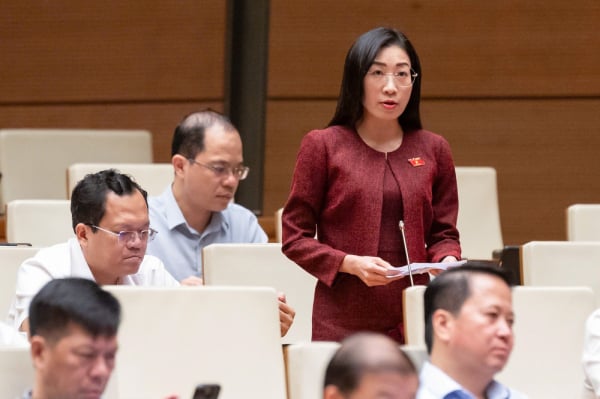
Emphasizing the situation of false advertising, selling fake and poor quality goods, especially when involving famous people, delegate Hoang Thi Thanh Thuy (Tay Ninh delegation) stated that although the draft has identified the responsibilities of 3 main entities (seller, livestreamer, platform), there are still many gaps when compared with reality.
Ms. Thuy pointed out specific problems: there is no pre-broadcast control mechanism for health-affecting products; there is no separate handling mechanism when livestreamers advertise "exceeding" the confirmed content; and the new platform is only bound by the obligation to remove violating content but has no regulations on controlling "virtual seeding" algorithms to manipulate buyers' trust.
Agreeing with this view, delegate Nguyen Thi Viet Nga suggested that the law should clearly define the roles and responsibilities of each entity. In particular, the seller is primarily responsible for the quality and origin of the goods. The livestreamer is responsible for the content they present and advertise. The e-commerce platform is responsible for not implementing technical measures as prescribed, not becoming an "advertising appraisal agency".
Regarding this issue, delegate Pham Van Hoa (Dong Thap delegation) said that platform owners and intermediary marketers must be responsible for clearly understanding information about product quality and origin before livestreaming. He also emphasized the need to license livestream sales activities and have strict sanctions for violations.
Source: https://doanhnghiepvn.vn/chuyen-doi-so/lo-ngai-quy-dinh-luu-tru-video-livestream-tao-chi-phi-lon-cho-doanh-nghiep/20251113053811039




![[Photo] Deep sea sand deposits, ancient wooden ship An Bang faces the risk of being buried again](https://vphoto.vietnam.vn/thumb/1200x675/vietnam/resource/IMAGE/2025/11/13/1763033175715_ndo_br_thuyen-1-jpg.webp)







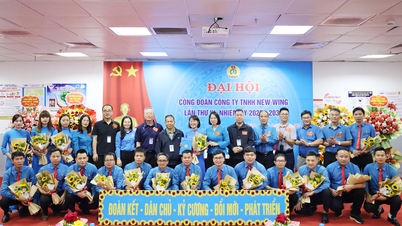



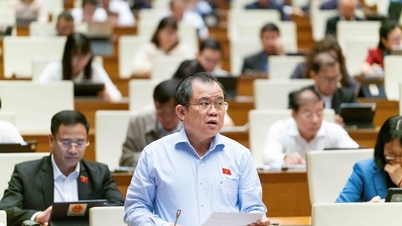







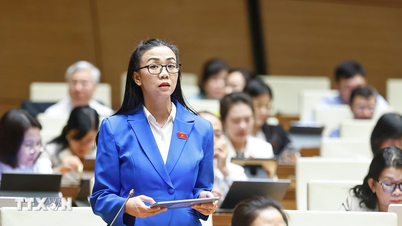



















































![[Photo] Panorama of the 2nd Vietnam-Cambodia Border Defense Friendship Exchange](https://vphoto.vietnam.vn/thumb/402x226/vietnam/resource/IMAGE/2025/11/13/1763033233033_image.jpeg)





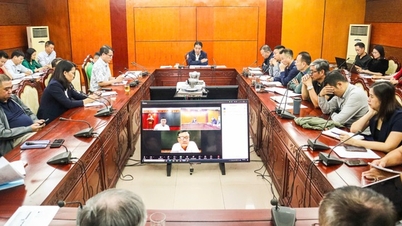

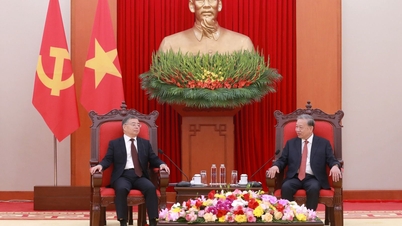
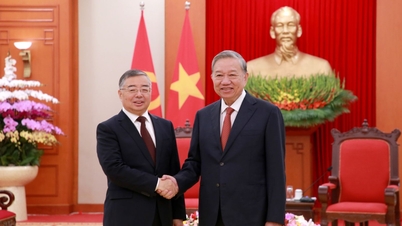
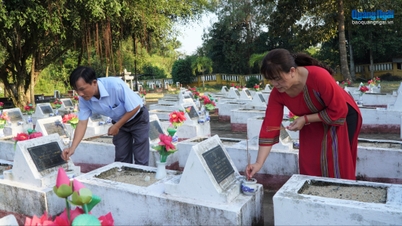
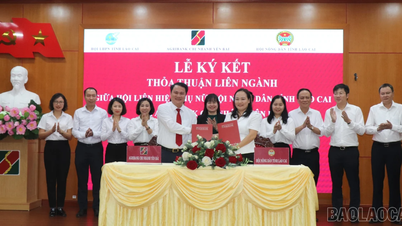










![Dong Nai OCOP transition: [Article 3] Linking tourism with OCOP product consumption](https://vphoto.vietnam.vn/thumb/402x226/vietnam/resource/IMAGE/2025/11/10/1762739199309_1324-2740-7_n-162543_981.jpeg)







Comment (0)